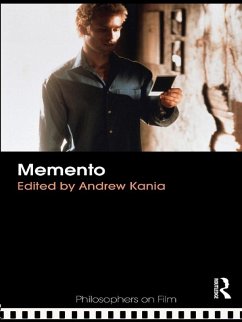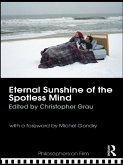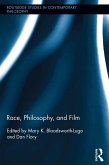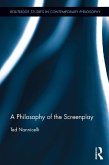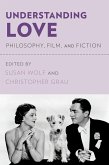This is the first book to explore and address the myriad philosophical questions raised by the film, concerning personal identity, free will, memory, knowledge, and action. It also explores problems in aesthetics raised by the film through its narrative structure, ontology, and genre. Beginning with a helpful introduction that places the film in context and maps out its complex structure, specially commissioned chapters examine the following topics:
- memory, emotion, and self-consciousness
- agency, free will, and responsibility
- personal identity
- narrative and popular cinema
- the film genre of neo-noir
- Memento and multimedia
Including annotated further reading at the end of each chapter, Memento is essential reading for students interested in philosophy and film studies.
Dieser Download kann aus rechtlichen Gründen nur mit Rechnungsadresse in A, B, BG, CY, CZ, D, DK, EW, E, FIN, F, GR, HR, H, IRL, I, LT, L, LR, M, NL, PL, P, R, S, SLO, SK ausgeliefert werden.

